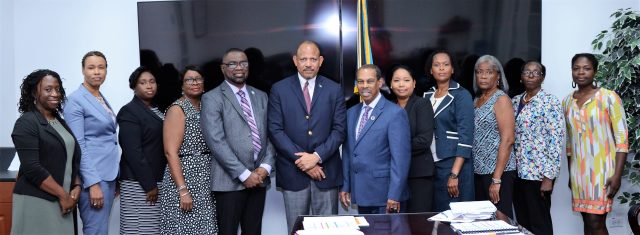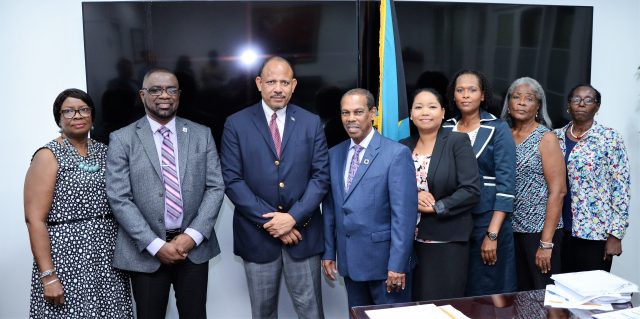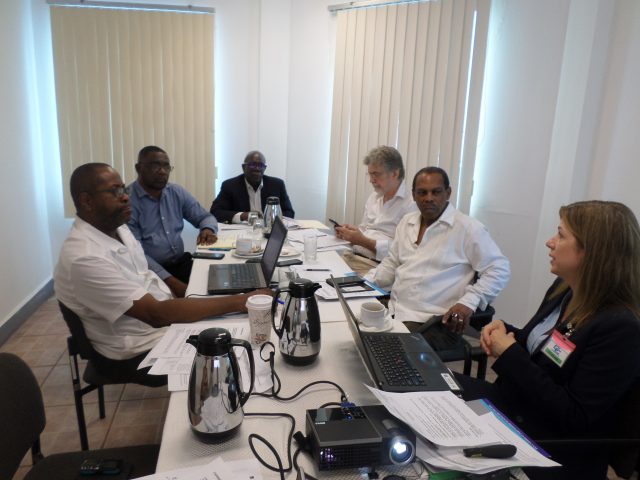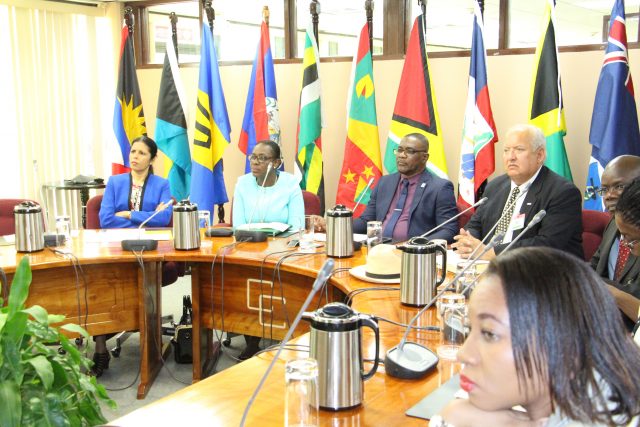The Pan Caribbean Partnership against HIV and AIDS (PANCAP) launched its PEPFAR and USAID-funded three-year Local Capacity Initiative (LCI) project to work on reducing HIV transmission in the region, following a two-day meeting in Trinidad late last month.
According to a press release from PANCAP, the project seeks to build the capacity of one regional organisation and several local community service organisations (CSOs) that specifically focus their efforts on key populations.
Through the LCI, it said, the organisations will become more sustainable as they continue to strive towards the overall goal of reducing the transmission of HIV in the Caribbean.
The inception meeting was held from April 28 to 29 at the University of the West Indies (UWI), HEU Centre for Health Economics, Sir George Alleyne Building – Auditorium, St Augustine Campus, Trinidad and Tobago.
According to the press release, PANCAP and the UWI HEU Centre for Health Economics will collaborate to implement the project. The project is aligned with the Caribbean Regional Strategic Framework for HIV and AIDS (CRSF), 2014-2018.
It was stated that the meeting brought together regional organisations, which support the work of key populations through advocacy and policy. Dozens of representatives from the UWI HEU Health Economic Unit and a number of organizations within the region which focuses on HIV/AIDS attended the meeting.
The release said that during the two days, participants developed their capacity-building initiatives and plans to create synergy between the LCI project and the PANCAP Justice for All programme. They also agreed on target countries, the release said adding that the meeting identified gaps in CSOs’ capacities that hinder achievement of their mandates, it examined examined the content, mechanisms and processes for building the capacity of
CSOs in advocacy and policy work and it highlighted the key requirements for optimizing the outcomes of the LCI project.
Through this initiative, it was stated, PANCAP will receive funding to provide grants to local CSOs in countries funded by PEPFAR for activities such as policy and advocacy, programme implementation and/or building a financially diverse organization. In addition, PANCAP will facilitate identifying and providing technical assistance to those CSOs receiving grants, as well as other regional bodies needing such assistance, the
release said.
This project, according to the release, was informed by the epidemiology of HIV in the Caribbean, which has an HIV prevalence rate of one per cent among adults, and is the second-hardest hit region in the world after sub-Saharan Africa. Among key populations, men who have sex with men (MSM) and sex workers (SWs) are disproportionately
affected by HIV throughout the Caribbean region, it said.
Further it was noted that according to the Caribbean Regional Strategic Framework on HIV and AIDS (CRSF), 2014-2018, Caribbean MSM are five to 10 times more likely that the general population to be living with HIV. In the Dominican Republic, the release pointed out, the prevalence is 11 per cent among MSM in contrast to less than one
percent for the general population while in Jamaica, prevalence among MSM may be as much as ten times higher than for the general population, at an estimated 32 per cent in 2012.
According to the release, prevalence among MSM is similarly high in Trinidad and Tobago at 19 per cent and Haiti at 18 per cent. Because of high levels of stigma, however, survey data may not be representative of the entire MSM population, it noted. By targeting programmes at these key populations, the release said that the LCI Project
will contribute towards the regional goal of an overall reduction of HIV transmission ates.




